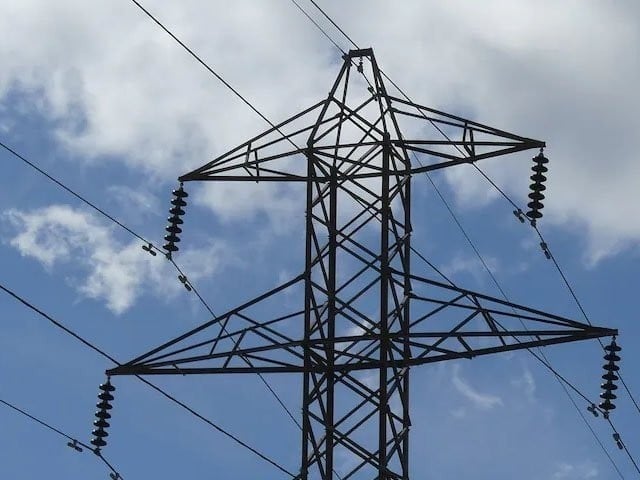Electricity Bill Overcharging Creates Storm Amid Power Crisis in Pakistan

Islamabad:The issue of overcharging on electricity bills has sparked widespread concern among consumers in Pakistan, with some facing bills amounting to thousands of rupees. Many are questioning why taxes on electricity matters have escalated to such an extent.
Currently, Pakistan hosts over 100 plants producing electricity, referred to as Independent Power Producers (IPPs), although several of these are government-owned facilities. An unusual agreement includes capacity payments to these plants, irrespective of whether they generate electricity or not, termed as “capacity payments.” Presently, these charges have surged to 70% of the total bill.
A staggering circular debt of Rs. 2.635 trillion has accumulated within the power sector alone, with an additional monthly increase exceeding Rs. 66 billion. This amount surpasses the annual defense budget allocation of Rs. 2.120 trillion.
Former Federal Minister and businessman Gohar Ayub asserted in a press conference that over 40 families own the majority of electricity-producing factories in the country. According to Ayub, half of the IPPs produce electricity at less than 10% of their capacity, with 25 plants contributing zero production, yet all receive full capacity payments.
He further highlighted instances where plants costing Rs. 50 billion were established and have already earned Rs. 400 billion. Despite their non-functionality, these plants continue to receive payments totaling Rs. 3.3 billion annually.
Moreover, it has been revealed that 45% of the IPPs are government-operated, while 40% are part of the China-Pakistan Economic Corridor (CPEC) projects, with the remaining 15% in private hands.
Economic experts argue that while capacity payments remain a significant issue, the primary concern lies in the heavy taxation imposed on electricity bills, accounting for 40% to 45% of the total amount. Additionally, the circulation of loans, transmission and distribution losses, theft, and inefficiencies add to the burden borne by consumers in their electricity bills.






